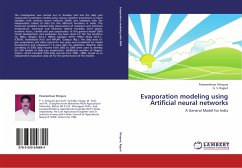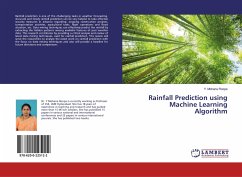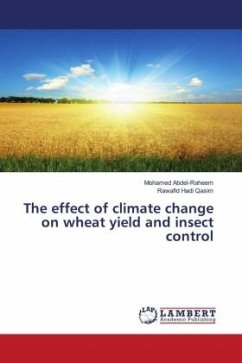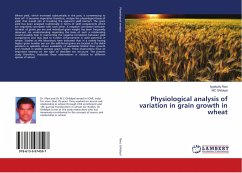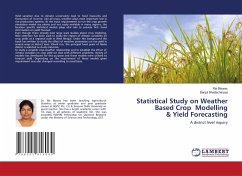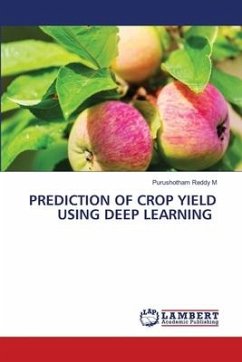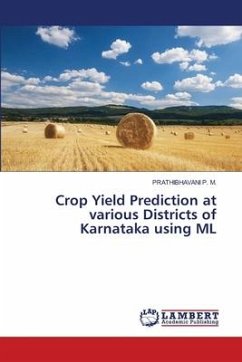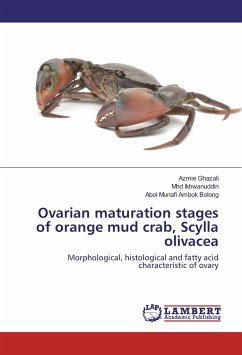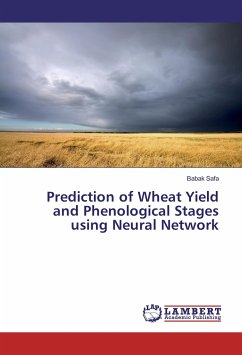
Prediction of Wheat Yield and Phenological Stages using Neural Network
Versandkostenfrei!
Versandfertig in 6-10 Tagen
16,99 €
inkl. MwSt.

PAYBACK Punkte
8 °P sammeln!
Rain-fed crop production, and the time of crop phenological stages occurrence, apart from its relationship to the genetic of cultivator, soil conditions, effect of pests and pathology and weeds, and the management and control quality during the growing season etc., deeply depends on climatic events . Among them, the nature of rainfall interval, temperature variation during growth stages, speed and direction of wind and evapotranspiration are very important. Therefore, it is not very unlikely to achieve relations or systems that can predict the yield and the occurrence date of each phonological...
Rain-fed crop production, and the time of crop phenological stages occurrence, apart from its relationship to the genetic of cultivator, soil conditions, effect of pests and pathology and weeds, and the management and control quality during the growing season etc., deeply depends on climatic events . Among them, the nature of rainfall interval, temperature variation during growth stages, speed and direction of wind and evapotranspiration are very important. Therefore, it is not very unlikely to achieve relations or systems that can predict the yield and the occurrence date of each phonological stage with higher accuracy using meteorological data. In this book, Artificial Neural Networks application in order to predict the rain-fed wheat yield and the occurrence date prediction of each phonological stage using meteorological factors were considered. We designed the artificial neural network that correctly encompasses the relations of climatic factors affecting on wheat phenological stages and yield, so that it can be used to estimate wheat production in long or short term with sufficient useful data for the specific area.




